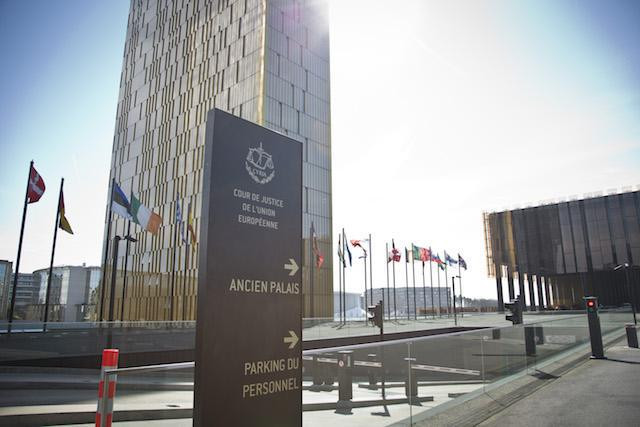In addition, the press release warned that, “Returning such a person to his country of origin may also breach the European Convention on Human Rights.”
The communiqué was issued following the hearing of the case of “MP v Secretary of State for the Home Department”, which examined the case of a national of Sri Lanka (MP) who arrived in the UK in January 2005 and was given permission to remain as a student. MP then made an asylum application on the grounds that he had been a member of the “Liberation Tigers of Tamil Eelam” (LTTE) and had been detained and tortured by security forces. The UK government rejected his application, claiming that it could not be established that he was at risk of further abuse in his home country.
EU Directive 2004/83/EC sets down minimum standards for the granting of subsidiary protection as follows, “A person who does not qualify as a refugee but who, if returned to his country of origin, faces a risk of serious harm such as the death penalty, torture or inhuman or degrading treatment or punishment, is eligible for subsidiary protection.”
According to the press release, the ECJ agreed that,” …under EU law, the fact that a person has in the past been tortured by the authorities of his country of origin but would no longer be at risk of such treatment if he returned to that country is not in itself sufficient justification for that person to be eligible for subsidiary protection.”
It also noted that, this case, “concerns a non-EU national who has not only been tortured by the authorities of his country of origin in the past, but who, in addition--even though there is no longer any risk of him being tortured again if returned to that country--continues to suffer severe psychological after-effects resulting from the torture; according to duly substantiated medical evidence, those after-effects would be substantially aggravated and lead to a serious risk of him committing suicide if he were returned to his country of origin.”
The ECJ concluded, therefore, that,”…it is for the Supreme Court to assess, in the light of all current and relevant information (in particular reports by international organisations and non-governmental human rights organisations) whether, in the present case, MP is likely, if returned to his country of origin, to face a risk of being intentionally deprived of appropriate care for the physical and mental after-effects resulting from the torture he was subjected to in the past by the authorities of that country.”
